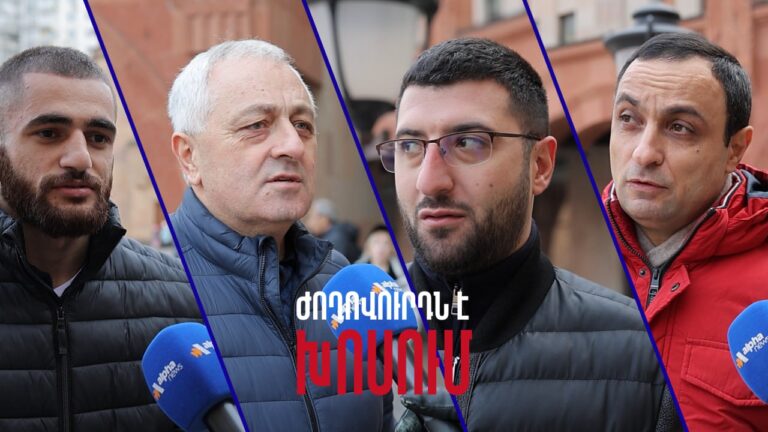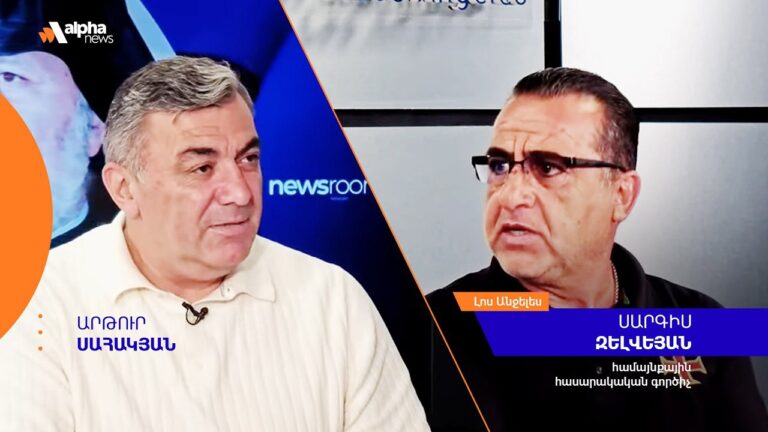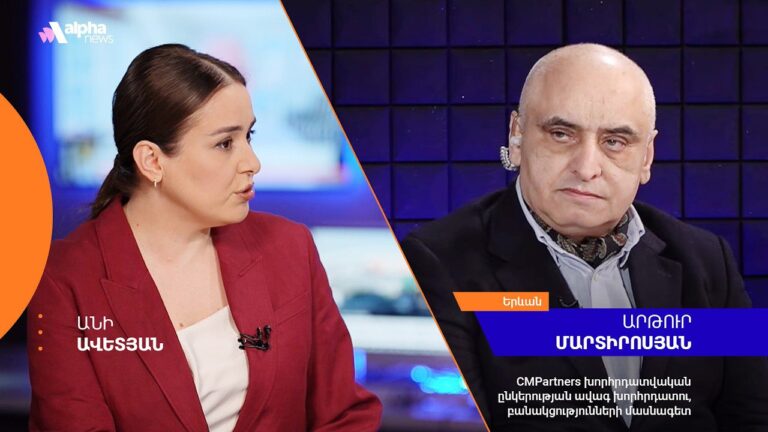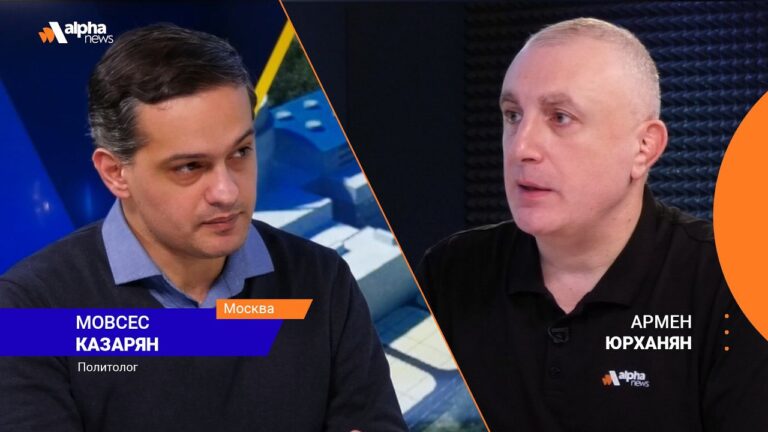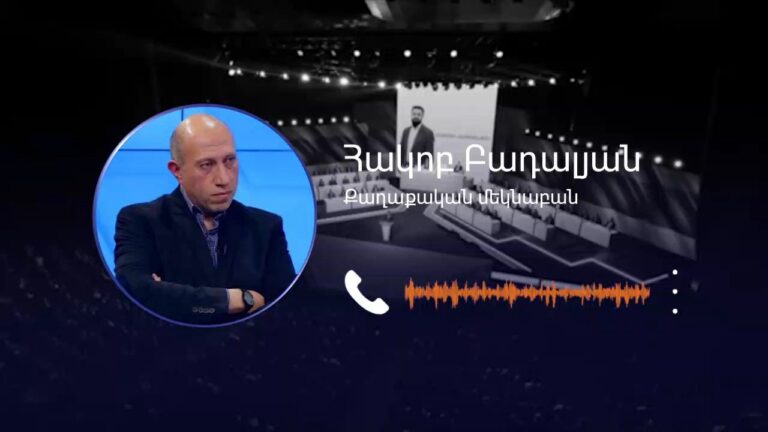Hermine Mkhitaryan: Pashinyan’s interview was another sign of washing his hands of the Artsakh situation
The part of Pashinyan’s interview related to Artsakh was a continuation of the same logic adopted by the authorities. It has been like this for a long time. We are talking about completely washing our hands of Artsakh, Expert of the Hayatsk analytical center Hermine Mkhitaryan told Alpha News.
“In his interview, instead of saying ‘president’, Pashinyan said ‘leader’, and it’s been a long time since he mentioned Artsakh or Nagorno-Karabakh Republic in his speech. A very logical chain is forming here, if we remember that hours before the interview, he had a telephone conversation with the President of Turkiye. Also, a question arises, whether this policy of washing hands of Artsakh is a fulfillment of the obligations assumed before some external actors. This is once again an indication that in the case of these authorities, the developments related to Artsakh may not be so favorable, taking into account the approach adopted by the authorities themselves,” Mkhitaryan noted.
The expert believes that today the official Yerevan positions itself as a party that has nothing to do with the Artsakh issue.
“The authorities of Armenia show to the world that they no longer have a problem with Artsakh. Today, official Yerevan positions itself as a party that has nothing to do with the Artsakh issue, a party that can only discuss humanitarian issues related to its compatriots living there. This is an important message to the authorities of Artsakh and Azerbaijan,” Mkhitaryan said.
Referring to Russia’s position on the Artsakh issue, the expert noted:
“Events and steps show that the current Armenian authorities follow the anti-Russian logic and the developments of the last week show that Moscow reacts to this quite painfully. Today, Moscow declares that there is no Karabakh issue because the Armenian authorities have recognized it as the territorial integrity of Azerbaijan. Before this announcement, Moscow used to follow the logic that the issue of the Artsakh status is left for later and for future generations.”

